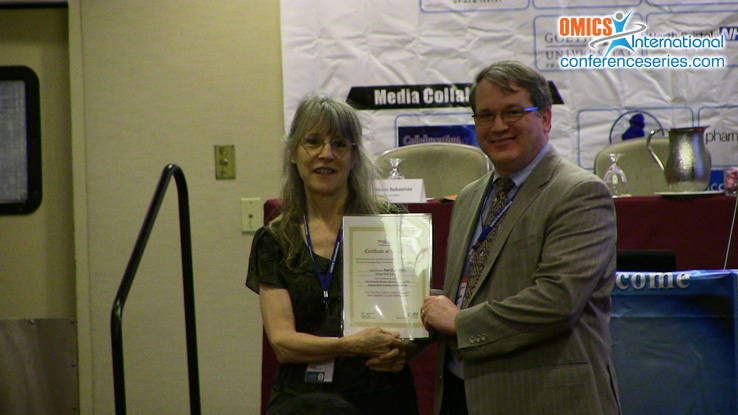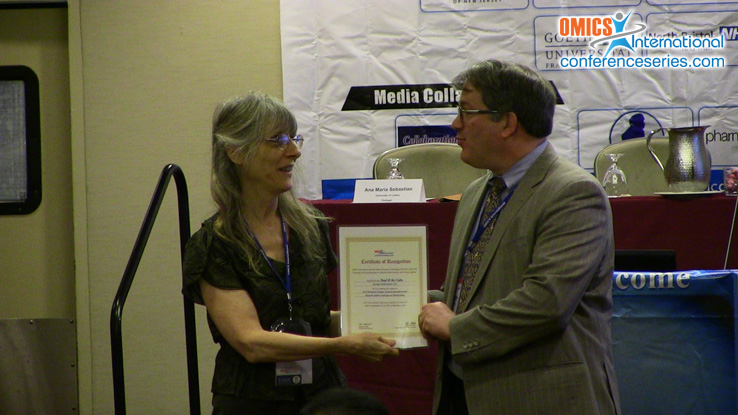
Paul H Mc Cabe
Geisinger Health System, USA
Title: Can we predict Seizure response from Anti-epilepsy drug combination therapy based on clinical features of a patient’s Epilepsy?
Biography
Biography: Paul H Mc Cabe
Abstract
When choosing an anti-epilepsy drug (AED) for a patient, we initially will determine if a patient has a focal seizure disorder or primary generalized epilepsy. Following this with few exceptions, we will typically then decide on drug choice by things such as pregnancy, side effects, concomitant illness or drug interactions. When choosing the first drug, this is very appropriate. However, once a patient fails to respond to the first 2-3 drugs, it raises the question if this is still the way to determine best treatment for our intractable patients. Current practice is to use “rational polytherapy” in selecting combinations. The only thing this mandates however is that the drugs have a different mechanism of action (MOA). Isobolography in animal models may suggest “superiority” of one combination over another but does not necessarily equate to clinical practice. Another option to choosing how to combine AEDs in intractable patients may be based on clinical characteristics of one’s epilepsy. Features such as clinical semiology, imaging results and suspected area of onset may be clues as to which combination of drugs may work best. Some possible observations may be subsets of temporal lobe epilepsy (TLE), frontal lobe epilepsy and post-traumatic epilepsy. These proposed patterns of response however are based on clinical observation. To attempt to study every possible combination of AEDs and every clinical scenario is not realistic. Having data in large populations can help support or refute such observations. Thus, having a national data base could provide significant information.




